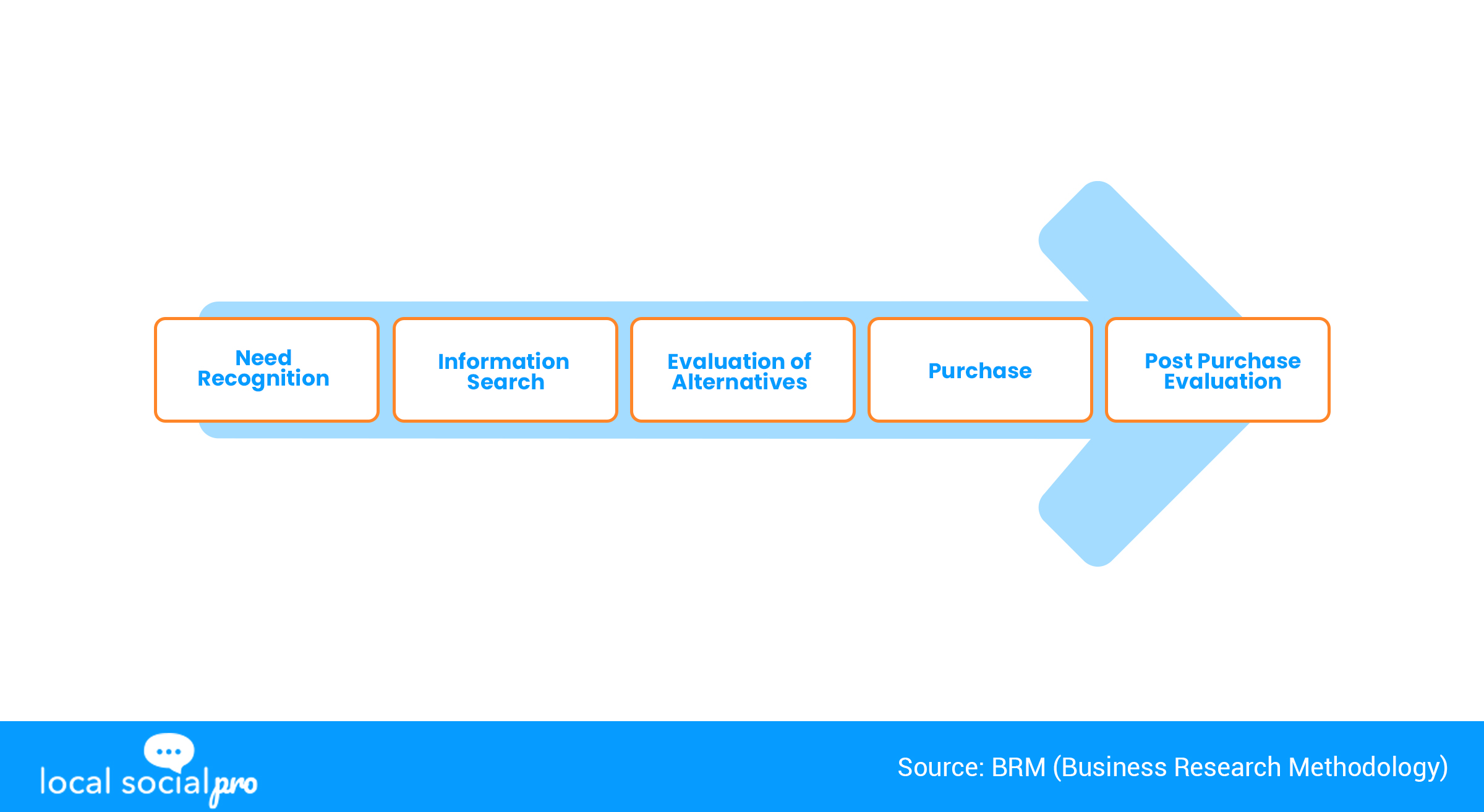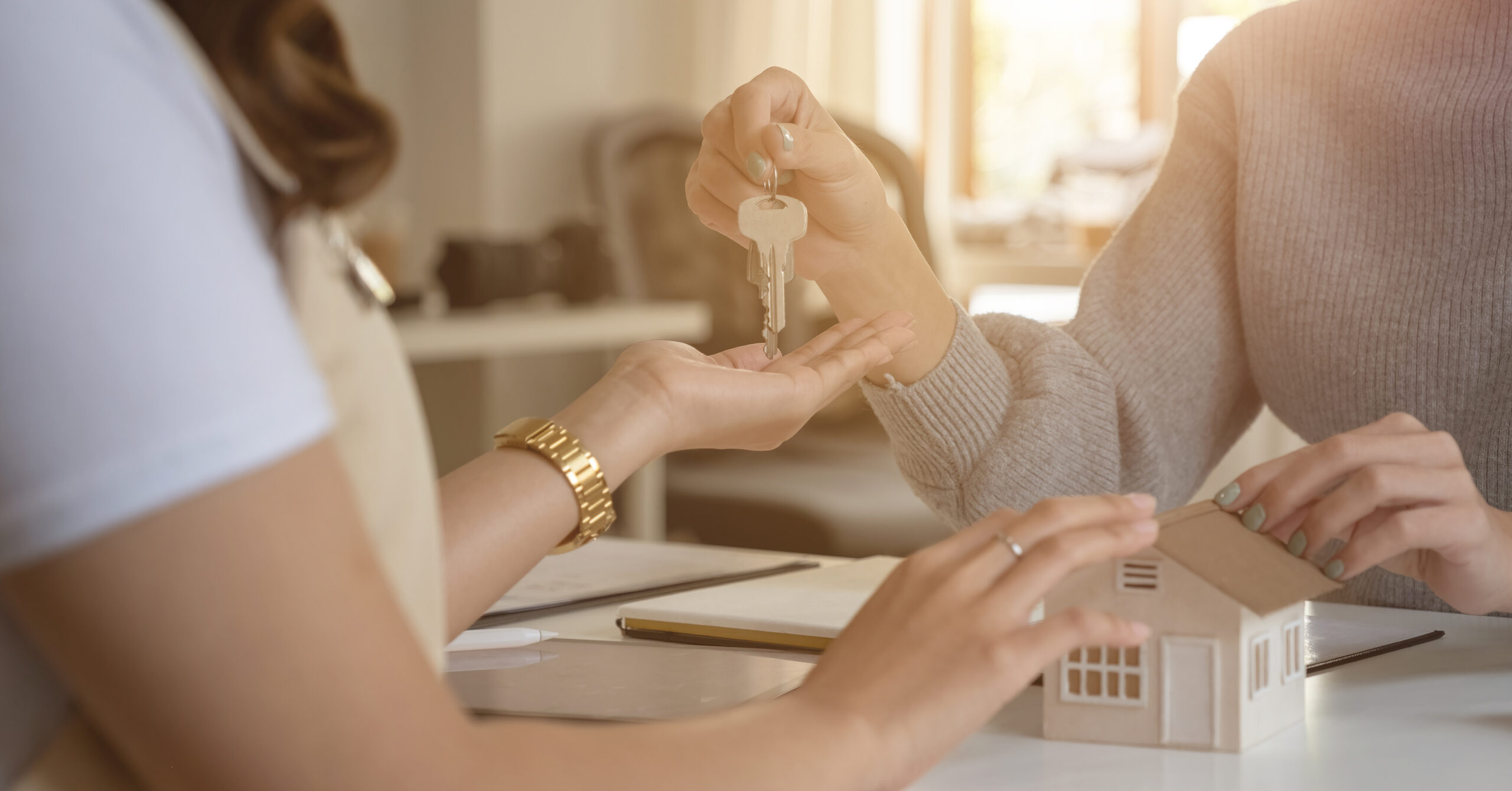Everyone has a different definition of what it means to “buy a house.” One of the important decisions an individual will ever make is whether to buy a home, and the psychology of the process is crucial. According to research, when the time comes to make a purchase, even something as expensive as a house, our emotions influence us more than we realize. Consider the 2013 Commonwealth Bank survey as an illustration. According to the data, 44% of Australian buyers paid more for a property because they “really liked it.”
“The emotional is hard to quantify. We feel it, but we don’t know how to describe it… it serves as a navigating source. Ultimately, there is that gut feeling that drives us in a more powerful way than our logical side.” – Jeff Shore, Author of “The Buyer’s Mind.”
Consumer behavior considers various personal, situational, psychological, and social factors that influence why people shop for products, purchase and use them, and then discard them. Research implied that the choice to buy a home can be clarified through the notion that the buyer will comprehend the motivation behind the transaction and weigh all relevant factors before making the choice. After giving the purchase of a home or other real estate some thought, a decision is made to do so. It combines various sociological and psychological, and economics to try to comprehend how consumers decide what to buy. The prerogative can be viewed as a decision following a number of research processes or activities. A decision to buy a house can also be impliedly understood as a choice to buy a home if it satisfies the wants and needs of the buyers.

One of the research findings in the housing studies revealed that the choice to buy is that homeownership is not just a housing tenure; for the respondents, it was obvious that homeownership embodied the principles of upward mobility and accomplishment, and that renting is seen as a less desirable housing option. So, while choosing to own has some financial implications, it also carries significant cultural and ideological significance. There are so many variables that could influence a buyer’s choice of a home. Psychological factors, which result from people’s emotions, are in addition to specifics like price, resale value, and location. Here are some cognitive factors are listed below that may assist you in comprehending homebuyers’ psychology and in using it to your advantage.
Head over Heart
One of the major psychological factors that affects our purchasing decisions is the likelihood that our subconscious instead of conscious mind will make the decision as it gets more complicated and important. So choosing a pair of socks, for example, is a straightforward decision that is based on rational thought, physical requirements, and personal preferences. We use our emotions and subconscious mind to make important decisions like the choice of home. In addition to being guided by our emotions when purchasing a home, the first, most direct emotional connection is the one that endures. According to Buzzbuzzhome in their article on the psychology of home buying, “people buy on emotion and justify with logic afterwards,” but in many cases, the subsequent logic doesn’t alter the emotion. This connection will be either a positive or a negative one.
The 3 biases are: Confirmation, Access, and Anchoring and Adjustment
- Confirmation bias is the disposition of our subconscious mind to support the things we “feel” to be true. Therefore, if we get attached with a home because all of our emotional cues tell us “it feels right,” we will overlook the characteristics that would typically turn us away, like the unpleasant odors, dripping faucets, and dark rooms. To put it another way, “love is blind.”
- Accessibility bias is the propensity for people to value brands and products that are easiest to use more highly. Therefore, the assets with the strongest visibility will probably get the most views and the best sales, both offline and online.
- The likelihood to evaluate a product in relation to earlier products seen is known as Anchoring and Adjustment bias. As a result, if you see a half-decent property after viewing several very undesirable ones, it will seem much more decent than it truly is.
Home as a Reflections of Social Status
Our homes often serve as a perception of our social status, as shown by a JStor study on the psychological factors that affect homebuyers’ decisions. It affects our perception of ourselves and how others perceive us. As every one of us is too aware, having subpar housing can affect one’s physical and mental health. Therefore, we have higher expectations for a good lifestyle as our purchasing power increases. Additionally, we are willing to pay more for a home the more desirable it is. More than just buying a house, buyers are investing in a lifestyle.
The Bottom Line
When searching for an investment property that might appeal to these psychological factors, it’s important to have faith in the people and processes involved. Work with a reputable local expert when buying a home since they offer factual information rather than being motivated by personal emotions and they can make the homebuying process easier and less stressful.
What To Do:
Did you find this read interesting? Need expert and white glove advice? Get in touch for local and professional real estate advice in your neighborhood. Fill in the form above to speak with a real estate professional that specializes in this topic and more!
